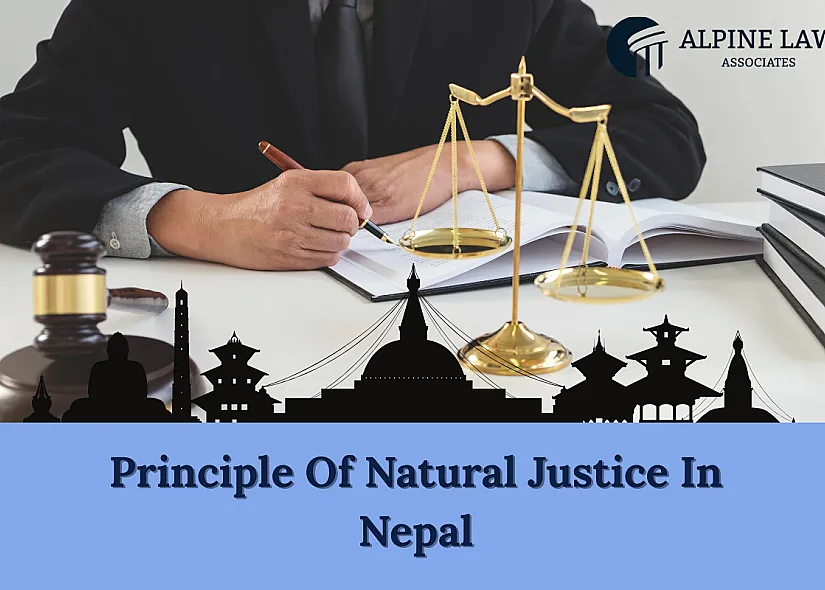Understanding Tamasuk in Nepal: Types and Legal Aspects of Transactions
Tamasuk is a legally recognized document for financial transactions in Nepal, ensuring mutual trust and enforceability. This article explains the types of Tamasuk—Kapali, Dristi Bandhak, Bhog Bandhak, and Lakhabandhak—along with legal guidelines under the Muluki Civil Code 2074. Whether you're a lender or borrower, understanding Tamasuk helps safeguard your rights and responsibilities. Alpine Law Associates offers expert legal services to help you draft, register, and enforce Tamasuk agreements across Nepal.



-thumb_big.webp)
-thumb_big.webp)

-thumb_big.webp)
-thumb_big.webp)
-thumb_big.webp)
-thumb_big.webp)
-thumb_big.webp)